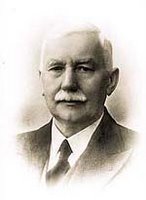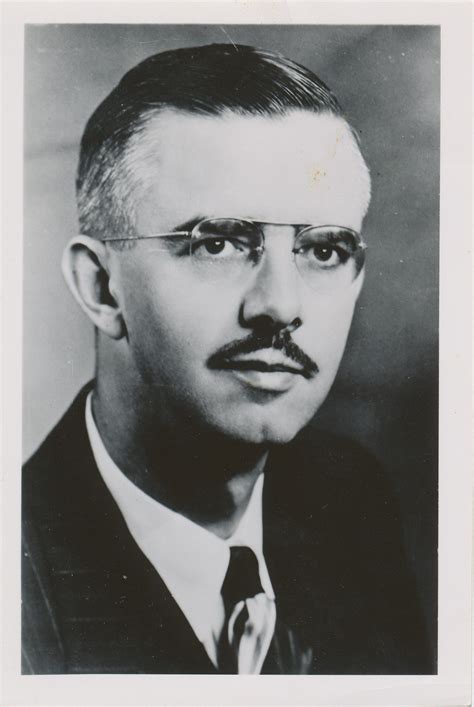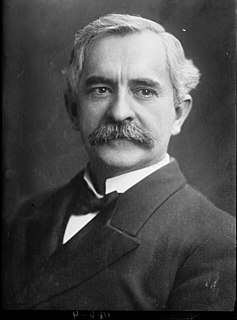A Quote by Symeon the New Theologian
Tremble with awe, O men! The insults God suffered for the sake of our salvation you too must endure! God is slapped on the face by the basest of slaves (Jn. 18:22). He gives you an example of victory, yet do you refuse to undergo this at the hands of a man of like passions as yourself? You are ashamed of becoming an imitator of God (Eph. 5:1), how then will you reign with Him and share in His glory in the kingdom of heaven if you do not endure that man?
Related Quotes
To Whom does our God say, 'in our image' (Gen. 1:26), to whom if it is not to Him who is 'the brightness of His glory and the express image of His Person' (Heb. 1:3), 'the image of the invisible God' (Col. 1:15)? It is then to His living image, to Him Who has said 'I and My Father are one' (Jn. 10:30), 'He who has seen Me has seen the Father' (Jn. 14:9), that God says, 'Let us make man in our image'.
By His gracious condescension God became man and is called man for the sake of man and by exchanging His condition for ours revealed the power that elevates man to God through his love for God and brings God down to man because of His love for man. By this blessed inversion, man is made God by divinization and God is made man by hominization. For the Word of God and God wills always and in all things to accomplish the mystery of His embodiment.
...the Lord said as He drew near His passion, 'Now is the Son of man glorified, and God is glorified in Him. If God is glorified in Him, God will also glorify Him in Himself; and He will glorify Him at once' (Jn. 13:31-32). From This it is clear that divine gifts follow sufferings endured for the sake of virtue.
. . . This is the high destiny of the sons of God, they who overcome, who are obedient to His commandments, who purify themselves even as He is pure. They are to become like Him; they will see Him as He is; they will behold His face and reign with Him in His glory, becoming like unto Him in every particular.
When a man is in God's grace and free from mortal sin, then everything that he does, so long as there is no sin in it, gives God glory and what does not give him glory has some, however little, sin in it. It is not only prayer that gives God glory but work. Smiting on an anvil, sawing a beam, whitewashing a wall, driving horses, sweeping, scouring, everything gives God some glory if being in his grace you do it as your duty.
Our passions are the chief means of self-preservation; to try to destroy them is therefore as absurd as it is useless; this would be to overcome nature, to reshape God's handiwork. If God bade man annihilate the passions he has given him, God would bid him be and not be; He would contradict himself. He has never given such a foolish commandment, there is nothing like it written on the heart of man, and what God will have a man do, He does not leave to the words of another man. He speaks Himself; His words are written in the secret heart.
To me the sole hope of human salvation lies in teaching Man to regard himself as an experiment in the realization of God, to regard his hands as God's hand, his brain as God's brain, his purpose as God's purpose. He must regard God as a helpless Longing, which longed him into existence by its desperate need for an executive organ.
Do we refuse to forgive? God, too, will refuse to forgive us. As we treat our neighbors, so also does God treat us. The forgiveness or unforgiveness of your sins, then, and hence also your salvation or destruction, depend on you yourself. For without forgiveness of sins there is no salvation. You can see for yourself how serious it is.
If a man has no worries about himself at all for the sake of love toward God and the working of good deeds, knowing that God is taking care of him, this is a true and wise hope. But if a man takes care of his own business and turns to God in prayer only when misfortunes come upon him which are beyond his power, and then he begins to hope in God, such a hope is vain and false. A true hope seeks only the Kingdom of God... the heart can have no peace until it obtains such a hope. This hope pacifies the heart and produces joy within it.
We have accounts of the deification of men in pagan mythology. But I do not remember any account of a god becoming a man, to help man. Whoever heard of Jupiter or Mars or Minerva coming down and attempting to bear the burdens of men? The gods were willing enough to receive the gifts of men, but Christianity is unique in the fact that our God became a man with human infirmity and emptied Himself of the glory of heaven, in order that He might take upon Himself the sins, diseases and weakness of our humanity.
A man who gives way to his passions is like a man who is shot by an enemy, catches the arrow in his hands, and then plunges it into his own heart. A man who is resisting his passions is like a man who is shot by an enemy, and although the arrow hits him, it does not seriously wound him because he is wearing a breastplate. But the man who is uprooting his passions is like a man who is shot by an enemy, but who strikes the arrow and shatters it or turns it back into his enemies heart.
'Now we are the sons of God'. This is the starting point of adoption. However, 'it does not yet appear what we shall be: but we know that, when He shall appear, we shall be like Him; for we shall see Him as He is' (I Jn. 3:2). This is the perfection of adoption of sons and renewal which God bestowed on us in Christ, and of which John says in his Gospel that, 'Christ gave power to become the sons of God, even to them that believe on His name: which were born, not of blood, nor of the will of the flesh nor of the will of man, but of God' (Jn. 1:12-13).





































